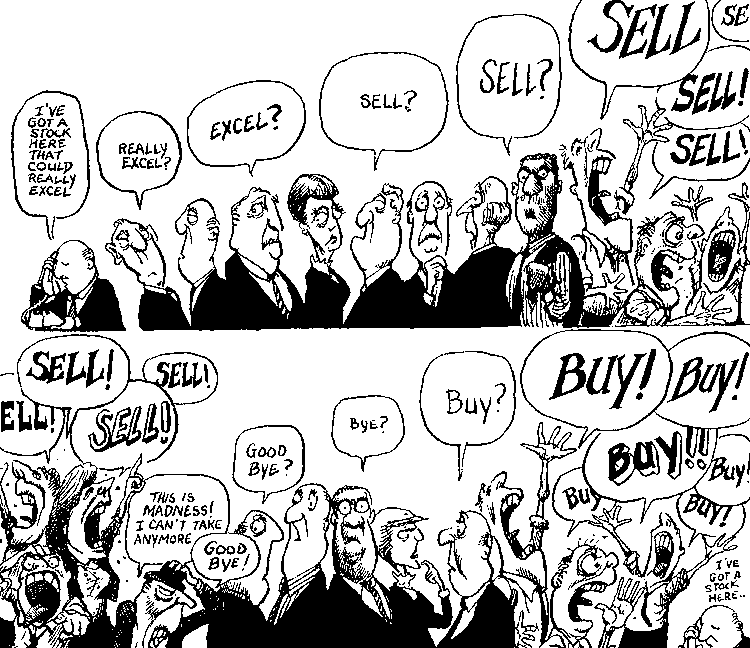GMOs y globalización: El ecocidio argentino
Una vez más, aparece la alargada sombra de las poderosas compañías agroquímicas, en este caso Monsanto, que ha convertido sutilmente a la rica Argentina en uno de sus principales clientes. ¿Cómo es posible que "el granero del mundo" no sea capaz de dar de comer a sus propios habitantes? La Pampa argentina se ha convertido en muy pocos años en una pesadilla para muchos (buena parte de la población rural argentina) y un enorme negocio para unos pocos (los CEOs de Monsanto en EEUU y los grandes terratenientes argentinos).
Para la agroquímica Monsanto, la ganancia es doble, al vender el pack "all-you-need SoyGM+RoundUp": No sólo venden cada año toneladas de semillas de soja transgénica (que los agricultores tienen terminantemente prohibido guardar para la siembra del año siguiente), sino que ésta viene acompañada de su inseparable Roundup (glifosato) o "el herbicida total", que mata todas las plantas excepto la soja genéticamente modificada creada por Monsanto.
Como bien describe el documental, Argentina exporta cada año millones de toneladas de grano que sirven de alimento para el ganado de los países ricos. Millones de toneladas de nitrógeno, fósforo, potasio y otros minerales que son patrimonio natural de aquel país, y que el modelo económico global está arrancando literalmente del suelo, sin que ello se traduzca en un claro beneficio para la mayor parte de los argentinos. Pero no se preocupen, que ya se encargará Monsanto, Bayer o Syngenta de que la producción no decaiga, aunque la tierra sea tan infértil que no crezcan ni los salicornios. Nosotros (los países ricos) les seguiremos comprando el pienso barato para nuestros cerdos y vacas (porque ya se encarga el sistema de que el precio no lo fijen ellos) . Y les seguiremos vendiendo maquinaria agrícola y productos químicos "a un buen precio". Y si no lo pueden pagar, pues ahí se quedan ellos y su érase-una-vez envidiada Pampa.
Quizá con este vídeo, la próxima vez que te vayas a comer unas chuletas o un filete, te pares a pensar el precio ecológico, económico y social que Argentina, entre otros muchos países, está pagando para que esa carne llegue a tu mesa en un menú de unos pocos euros.
Ya ven, el "progreso" nos ha llevado a esta agricultura "moderna", basada en ingeniería genética, pesticidas, herbicidas y fertilizantes. Y no hace falta mirar al cono sur para encontrarla, ni siquiera al otro lado del charco. Murcia es una de las regiones productoras de frutas y verduras más importantes de Europa. Tan cierto como que sobre esos plásticos brilla un generoso sol, por debajo no sólo corre el agua de un difunto río Segura, sino también "los polvos mágicos" que hacen esos tomates y pimientos tan grandes y lustrosos.
Agricultura ecológica. Productos naturales, saludables y sabrosos. Respeto al medio ambiente. Conservación de variedades endémicas para preservar la biodiversidad. Regreso a las prácticas tradicionales sostenibles. Apreciación de la cultura popular rural, del saber del campo, de los mayores. Son sólo algunas formas de cambiar este modelo agrario capitalista, voraz, insaciable, injusto, ávaro, destructor e insostenible.
Lo más importante de todo: Tú tienes la última palabra. Tú votas con cada euro que gastas en la cesta de la compra. Tú decides si apuestas por los alimentos biológicos y productos ecológicos y te decides a apoyar los productos locales.
Labels: agriculture, economy, food, GMOs, nature





